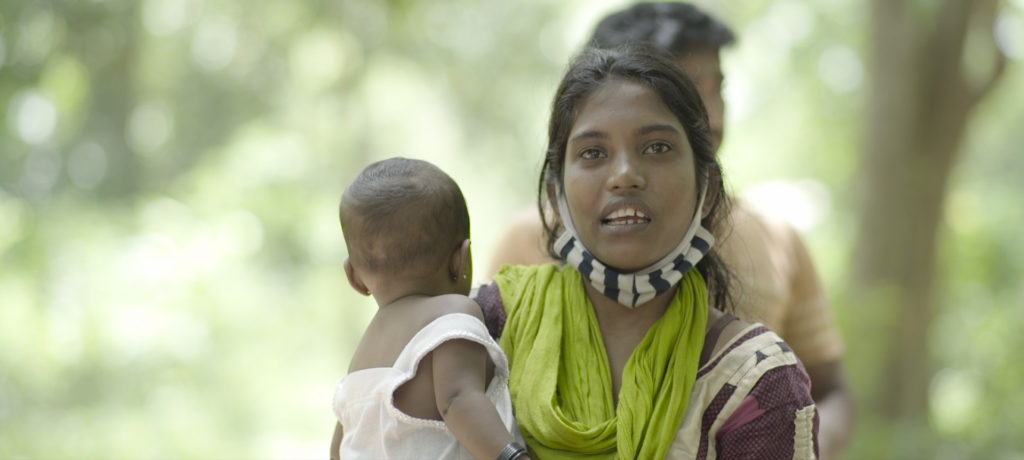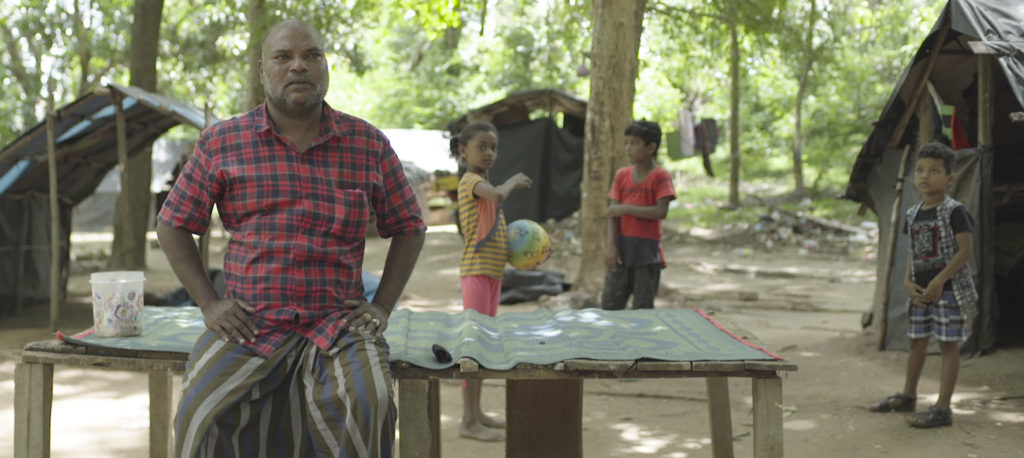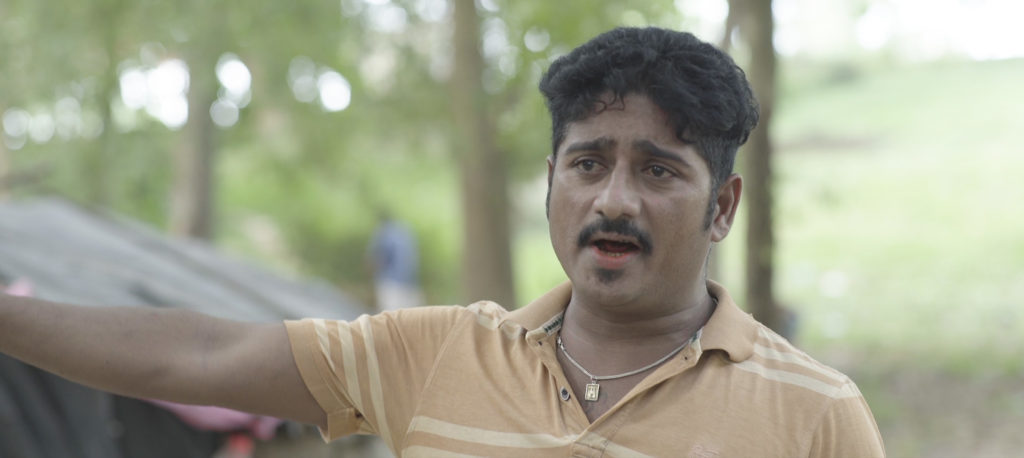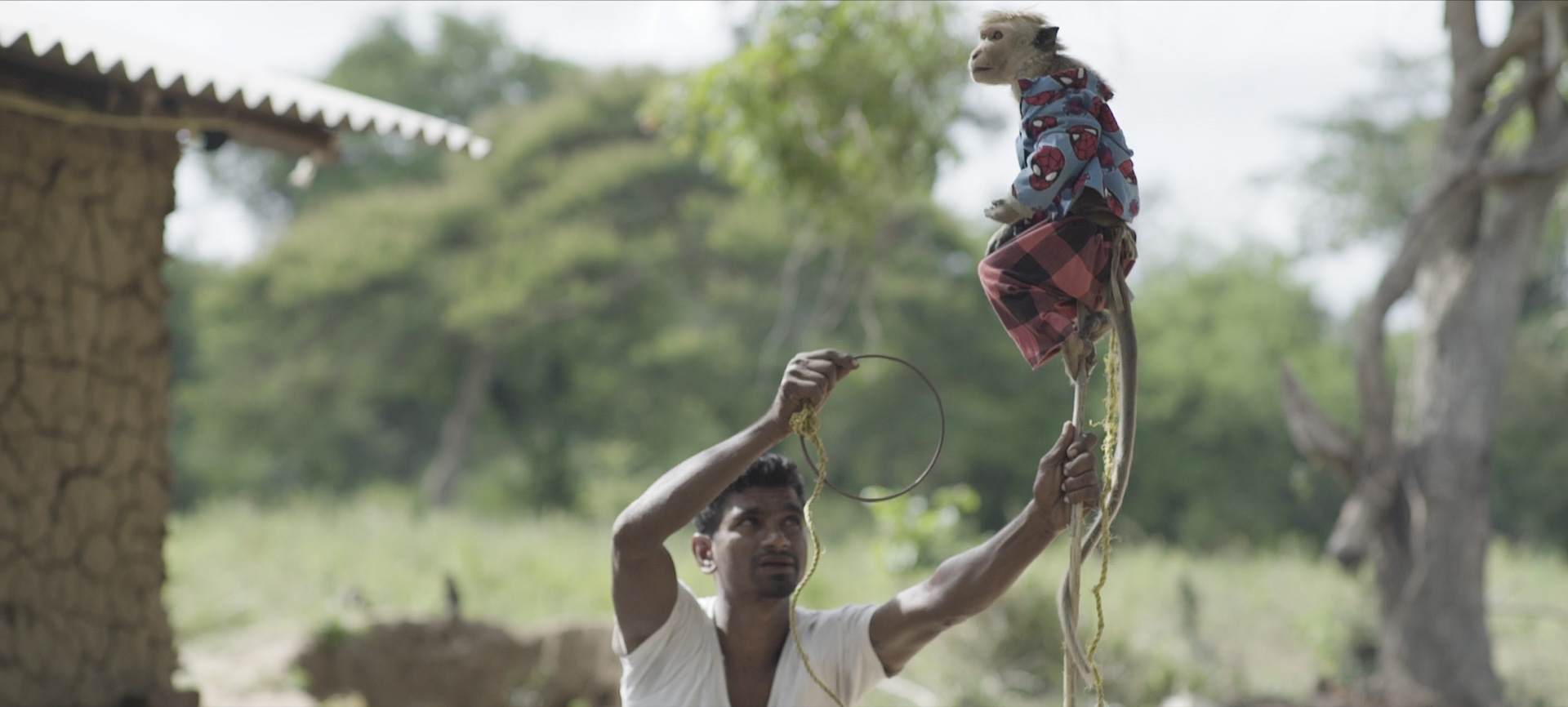Battered by poverty and COVID disruptions, Sri Lanka’s gypsies pushed to the edge
Millions of daily wage earners in Sri Lanka have been badly affected by disruptions in the informal economy caused by COVID-19.
Among the hardest hit is the country’s nomadic gypsy community, whose key livelihood practices – such as palm reading and snake charming – no longer seem to be viable in the ‘new normal’.
During and after the lockdown, members of the gypsy community, also known as the Telugu community because of their South Indian origins, are struggling to feed themselves.
In mid-June 2020, filmmaker Sulochana Weerasinghe met a group of 15 Telugu families who have been living temporarily on the banks of Kalà Balalu Wawa in the Anuradhapura district. They had arrived there in January.
In a Short video, She has captured how this community has been under siege since March 2020 when Sri Lanka’s lockdown commenced.
“Corona prevented us from going out for our usual livelihoods. We had no way of feeding ourselves. And there was no one to help us,” says M Thiyagu, a senior community member.

Riskana, a young mother of an infant and another three-year-old, adds: “I may be able to survive by just drinking water, but I have to breastfeed my baby, and my older son was always crying from hunger. We couldn’t go anywhere in lockdown days and we had no money. The only thing to do was to catch some fish from the lake, boil them and eat with a bit of salt added”.
The families could not survive on fish alone for too long. Soon, they had to buy daily food rations from a nearby shop. The shopkeeper didn’t know them and was hesitant to sell on credit. In the end, they had to leave their national identity cards with him.
The lockdown is now over, but this Telugu community does not know how to pay their debts and recover identity cards.
They never received any help from the government – even though they met all the criteria for the Rs 5,000 subsidy given to millions of other needy families. The bureaucratic reason: they are not permanent residents in this area.
Had COVID-19 not intervened, this Telugu community could have eked out a living in their usual ways.

As Thiyagu says, “Since our arrival in January, we earned a living through small businesses like selling incense sticks, sharpening knives and scissors and coconut graters, making chilly stone grinders, selling pictures, etc. Those not trading went out for daily manual labour.”
If income is good, the community would stay on in the same location for many weeks. Otherwise, they would move on in search of another temporary place. Across Sri Lanka, Around 18,000 their kind earn a living in this manner without relying on state subsidies.
After five months of being here, this community has been asked by Grama Niladhari to vacate by end June.
“We are going through a very hard time. We are poor and helpless. Why they are asking us to leave? Where we should go?” asks Welamanikkam Suresh, a member of the community.



